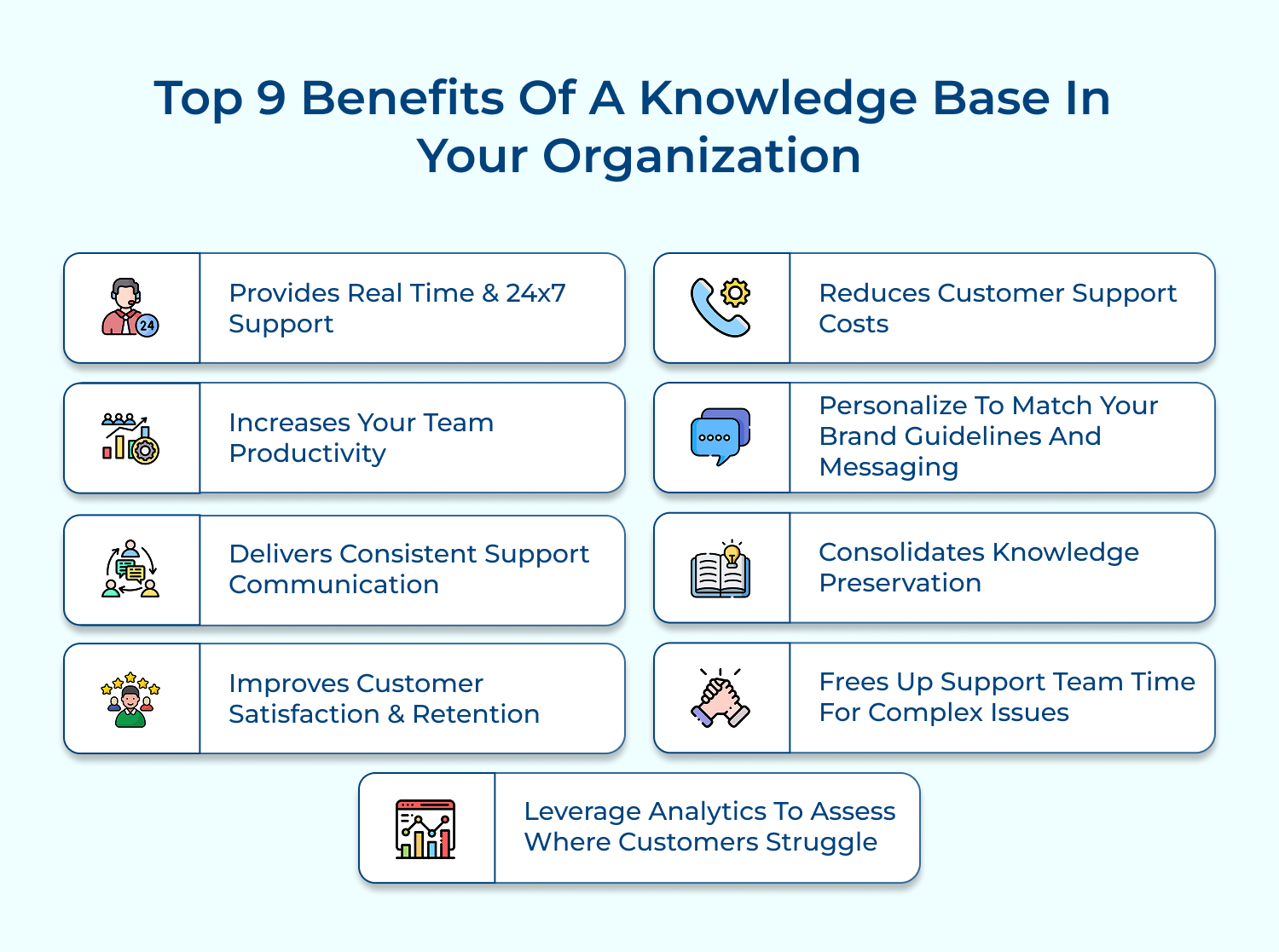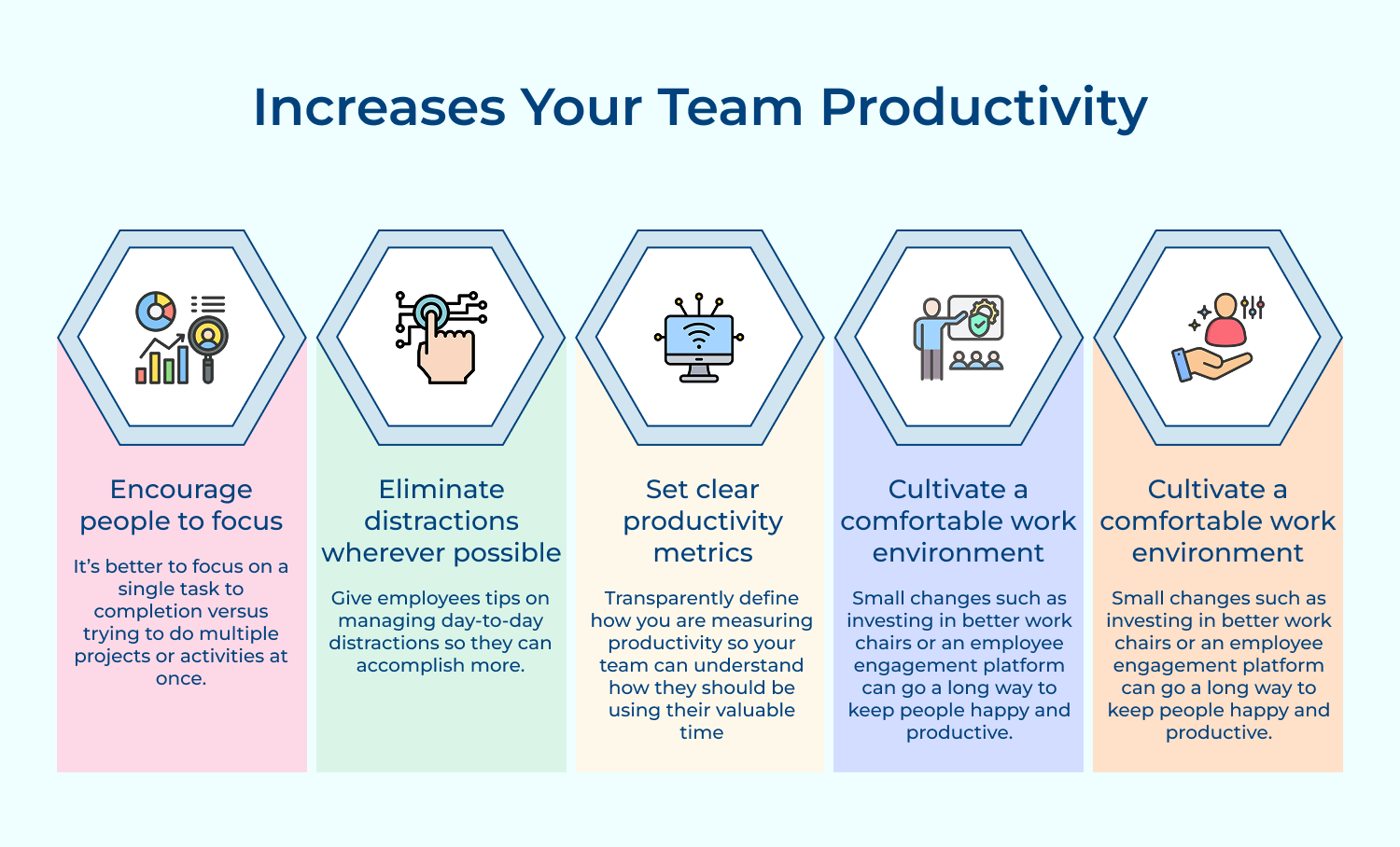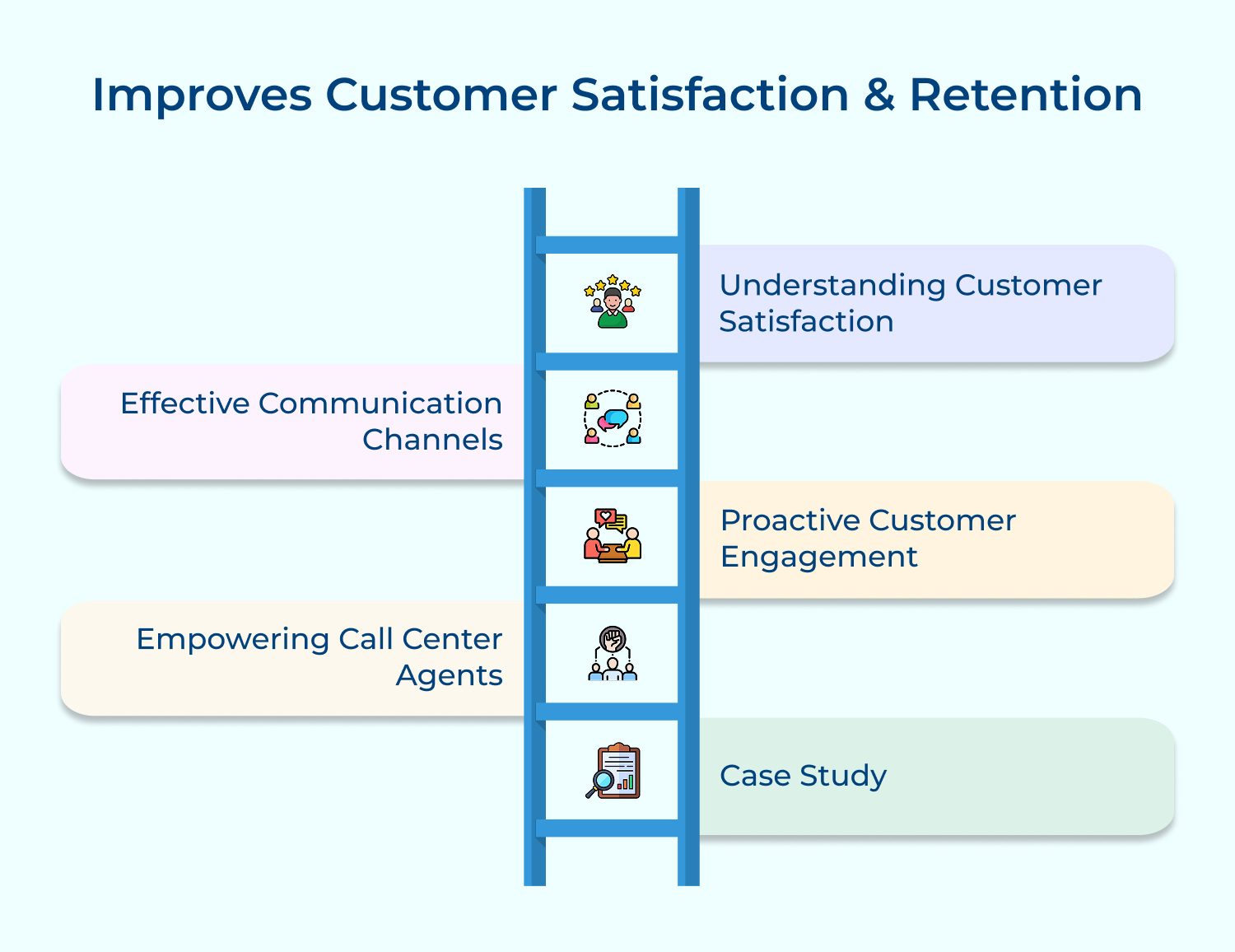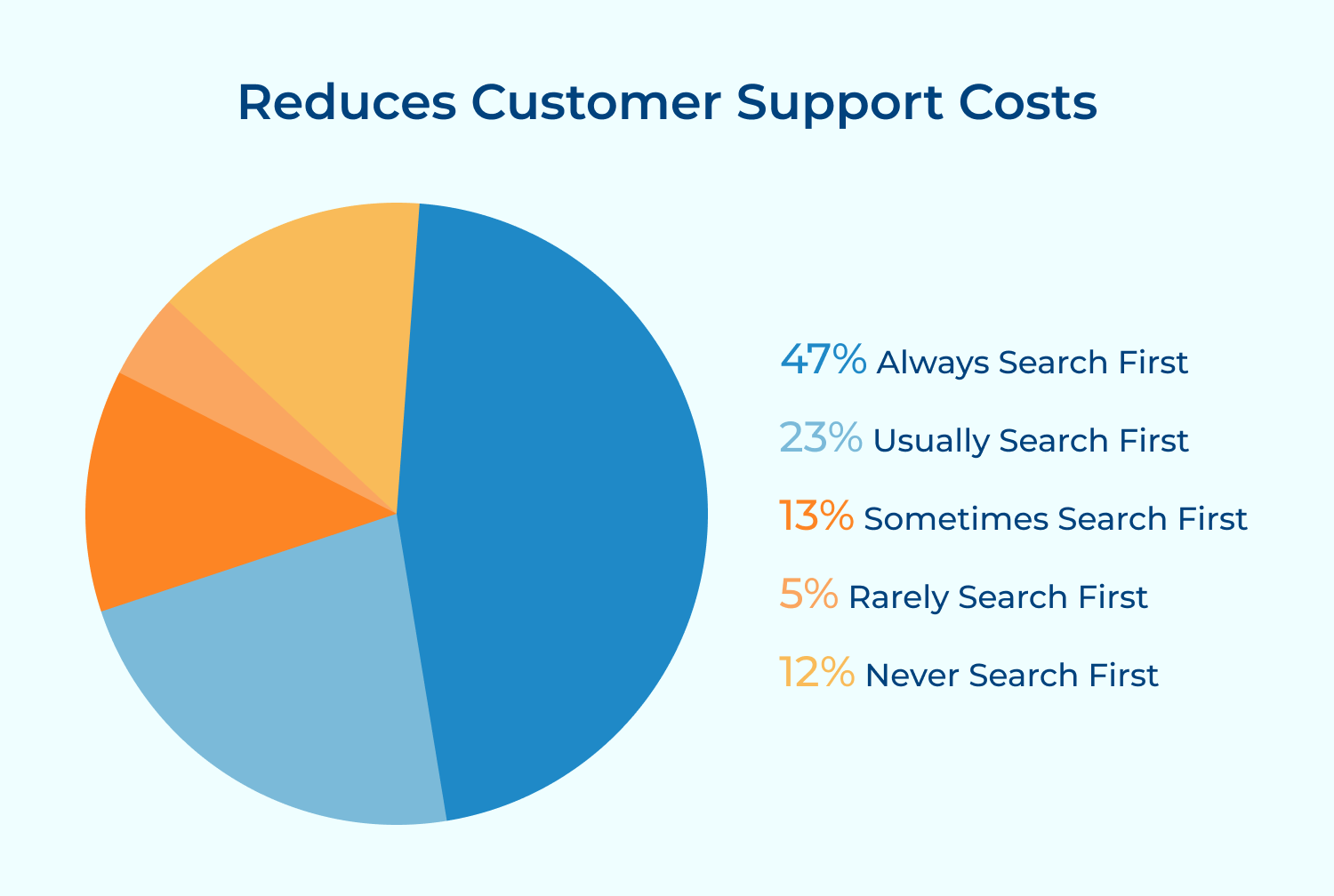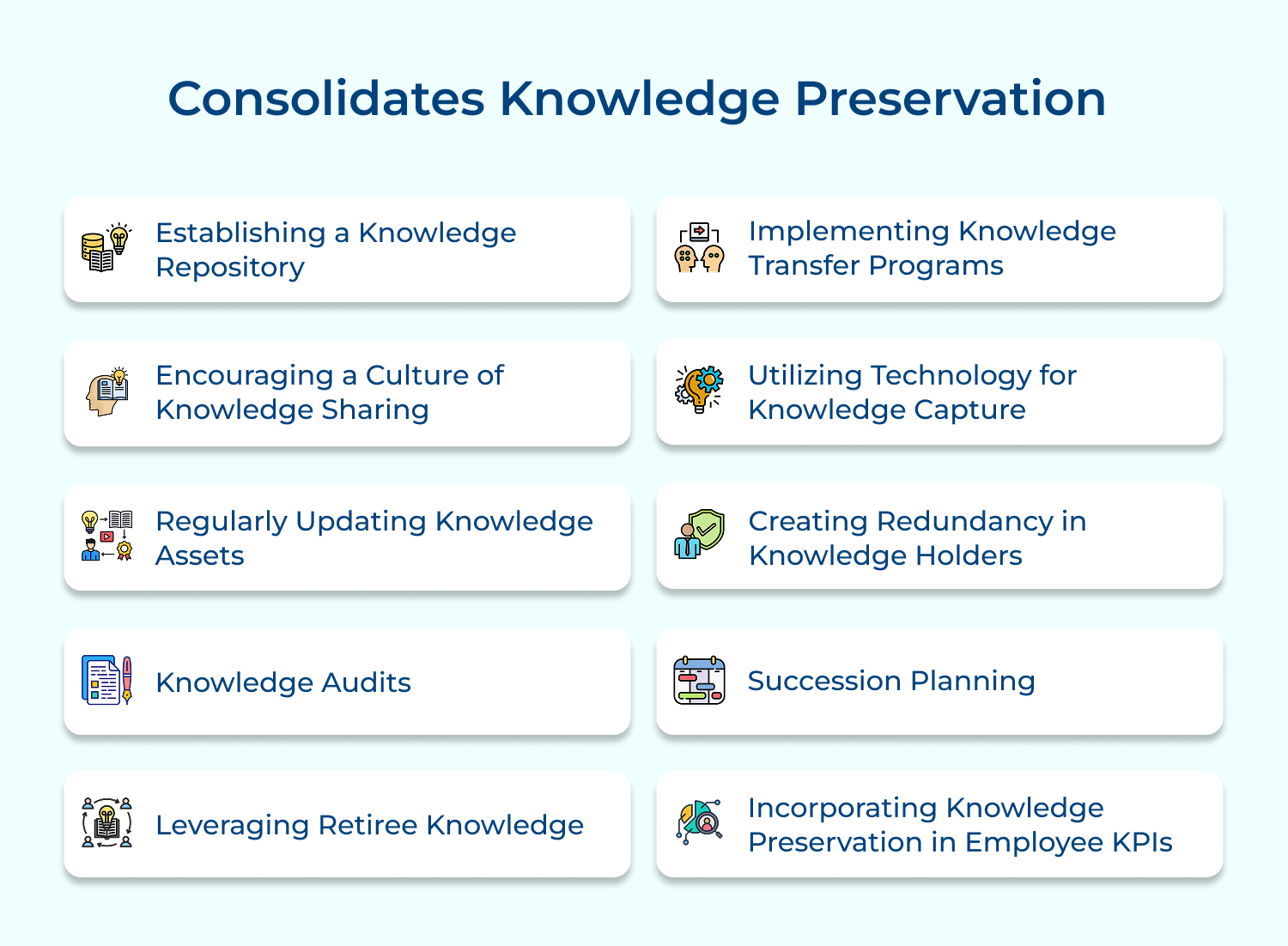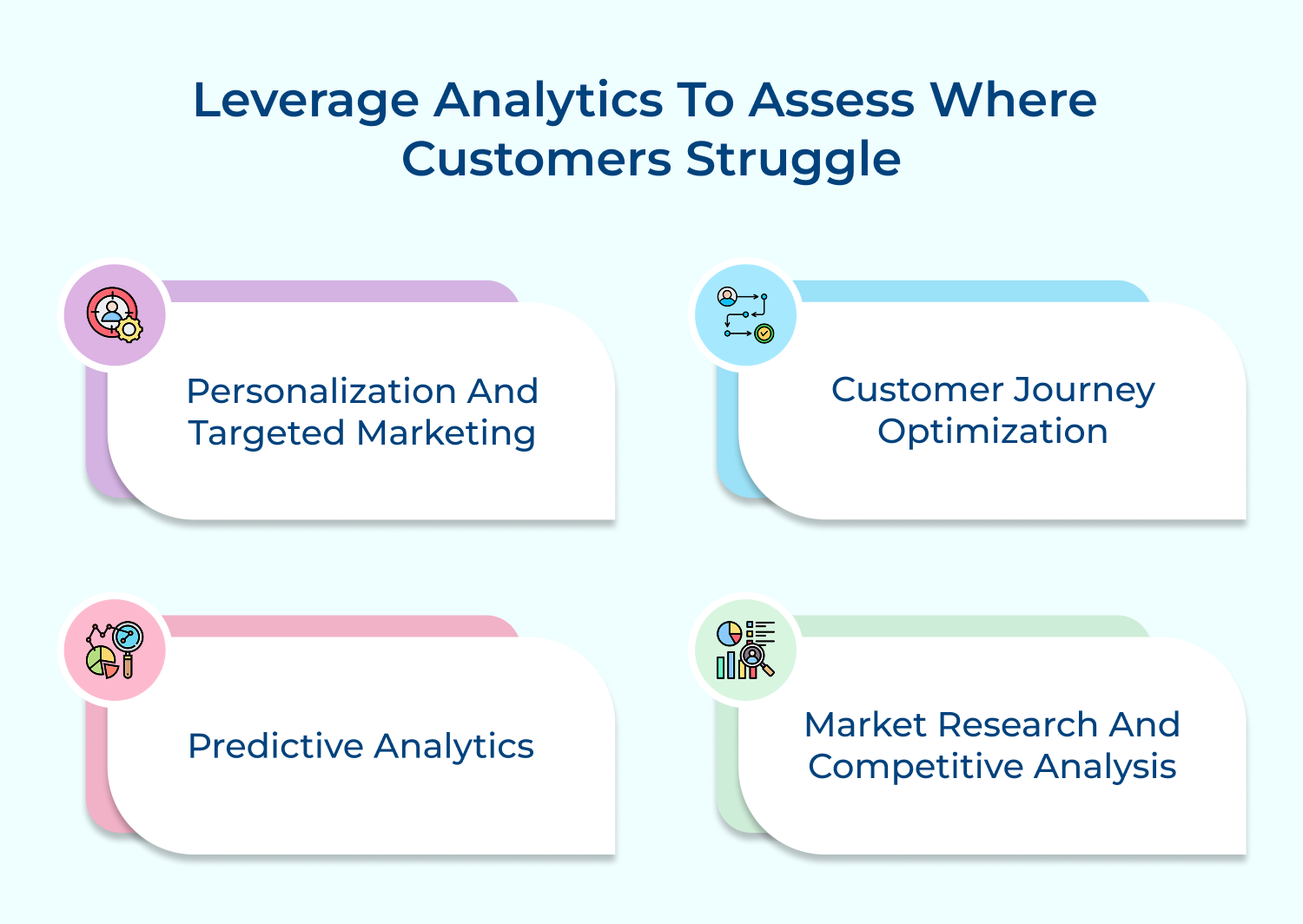1. Provides Real Time & 24×7 Support
One of the most significant benefits of having a knowledge base is that it provides your organization with real-time and 24/7 support. Unlike traditional support services, knowledge bases deliver support in a proactive manner.
Over 50% of customers think it’s important to solve product issues themselves rather than rely on customer service.
Instead of waiting for a customer or employee to have a problem and then contacting support, the customer service knowledge base enables users to immediately access a wide range of resources that can help them find solutions to their problems.
With the help of an online knowledge base:
- You can empower your audience to manage their own queries by providing instant access to information.
- It helps in faster & better resolution times and contributes to enhanced customer and employee satisfaction.
2. Increases Your Team Productivity
A knowledge base serves as a centralized hub where employees can easily access the information they need to perform their job functions efficiently, which can lead to reduced errors, faster decision-making, and increased collaboration among team members.
With the knowledge base content, employees don’t have to waste time searching through different documents, emails, or spreadsheets for relevant information. It saves time and allows employees to focus on more productive tasks that contribute to the organization’s success.

